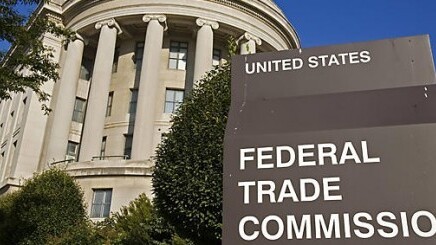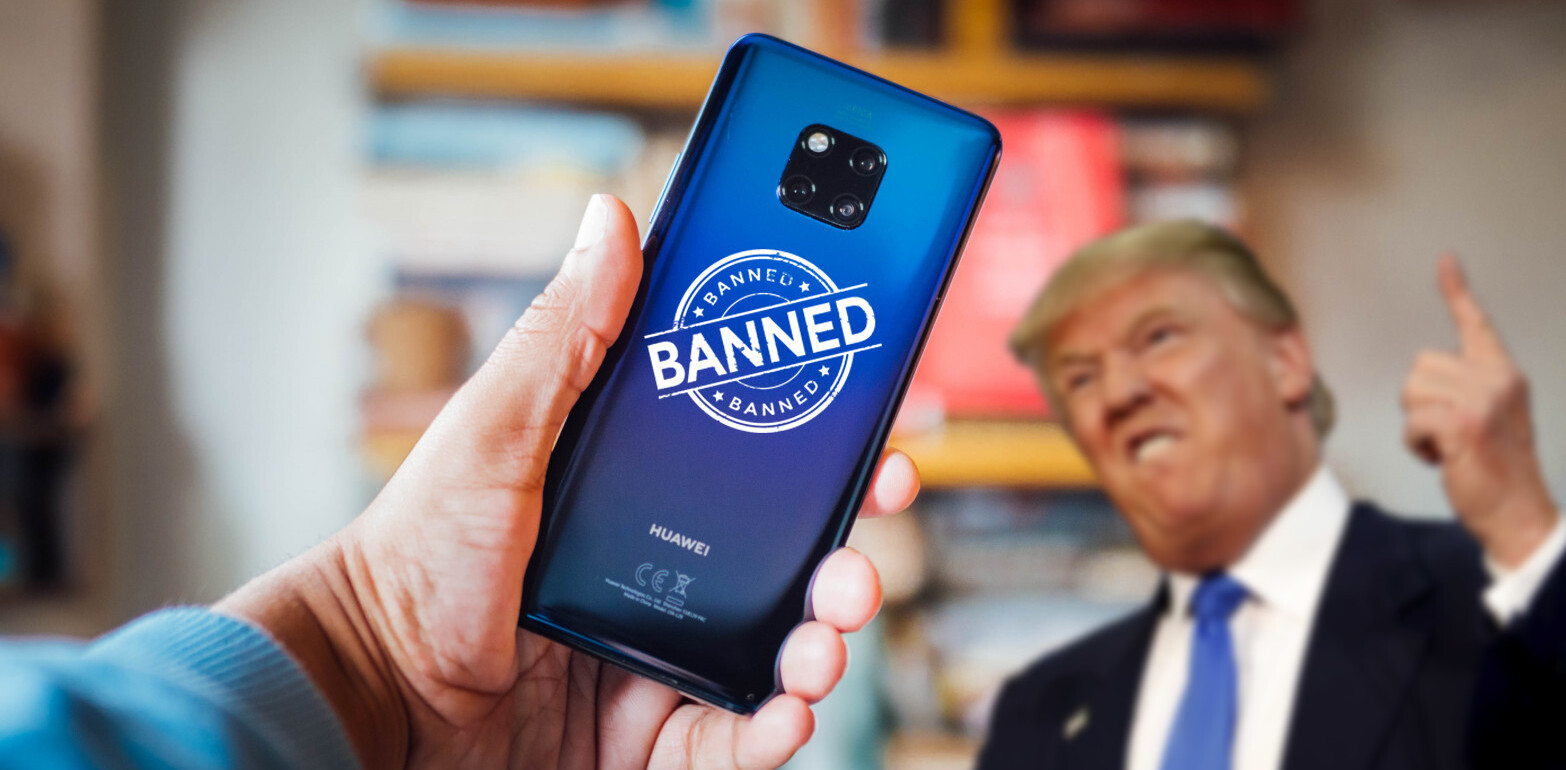
The US Federal Trade Commission has expressed concern over the type and amount of information that’s being collected from kids using mobile apps. A report (PDF), released by the Commission, calls current privacy disclosures “disappointing” and is urging cooperation among all points in the ecosystem to play “an active role in providing key information to parents.”
Not surprsingly the report found free apps to be the most downloaded, but said that there is an overwhelming lack of relevant language regarding app data collection across free and paid apps alike. In order to help curtail the problem, the report lays out some suggestions for developers, some of which are considerably difficult to implement:
- Developers should say what is collected, how it will be used and with whom data is shared
- Information should be in short, simple disclosures
- Parents should be alerted if an app connects with social media
- Third parties should disclose privacy practices via a link or the developer disclosures
The FTC then brings app markets into the scheme, giving suggestions to them as well:
- Provide a more consistent way for developers to disclose data collection
- Develop standardized icons and symbols to be used in app marketplaces
- Better consistency with enforcement of requirements
- Use standardized language to express data collection
But the FTC has volunteered itself to help matters somewhat. The Commission is hosting a public workshop sometime this year to “gain input from interested parties, including industry representatives, consumer groups and consumer disclosure experts.”
A couple of other interesting finds from the report: The FTC polled Apple’s App Store and the Android Market in July of 2011, searching for apps via the keyword of “kids”. It found over 8,000 on the App Store, and 3,600 in the Android Market. The staffers conducting the survey didn’t actually download any of the apps, but rather “reviewed the information that a consumer easily could access…prior to download the app.”
Of the research conducted, there was a nearly-equal split of educational versus game apps, with the former at 51% and the latter at 49.5% on the App Store. Animal-related apps scored the highest, showing percentages at around 22-23%, followed by alphabet apps, math and then matching games.
The whole of the report is worth a skim, and the suggestions are largely good, when it comes to the distribution side. On the development side, it seems that there’s some high expectations that are being raised, along with difficult implementation. We’ll have to wait and see just how serious the devs take the FTC’s recommendations.
Get the TNW newsletter
Get the most important tech news in your inbox each week.





